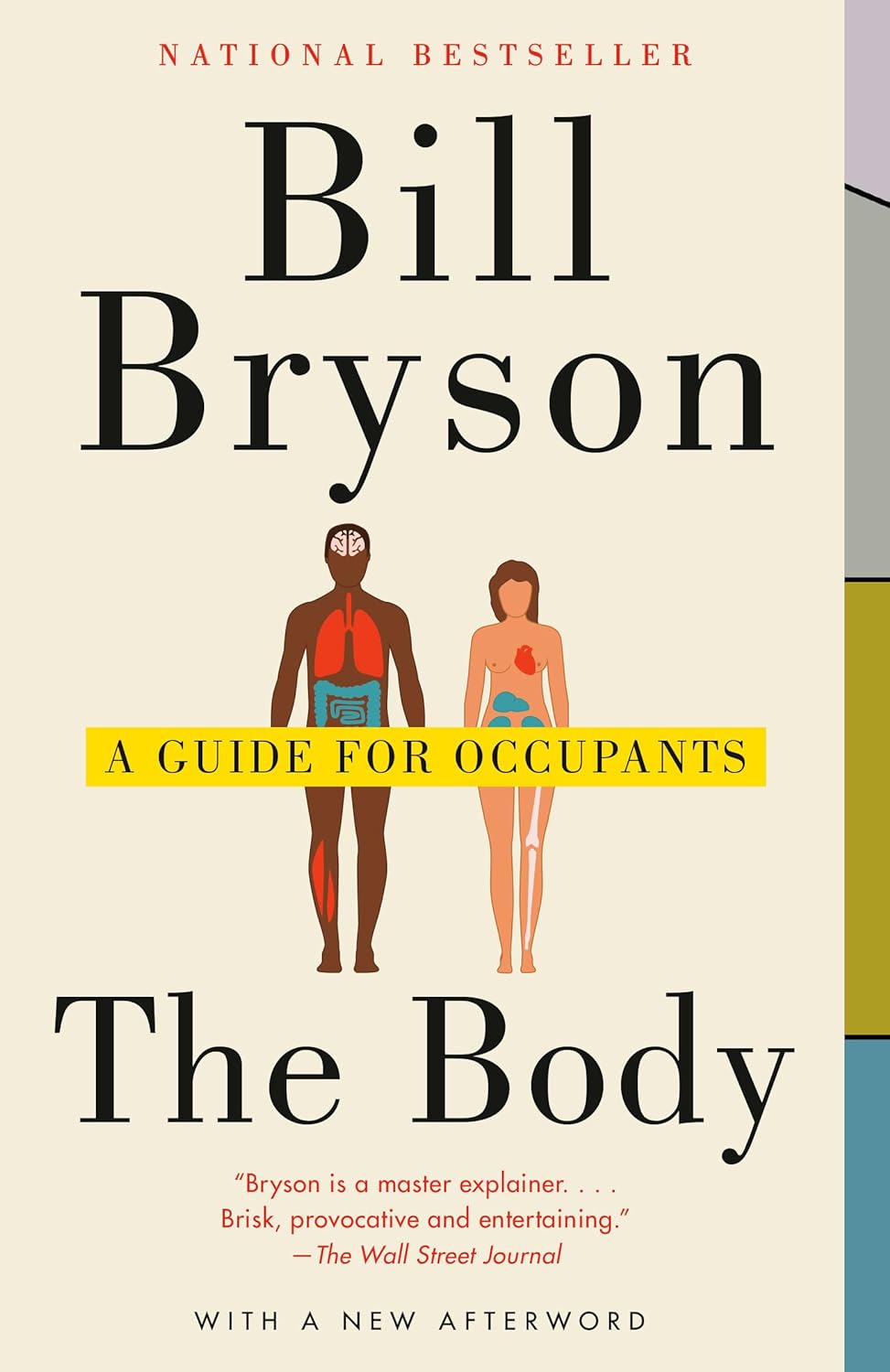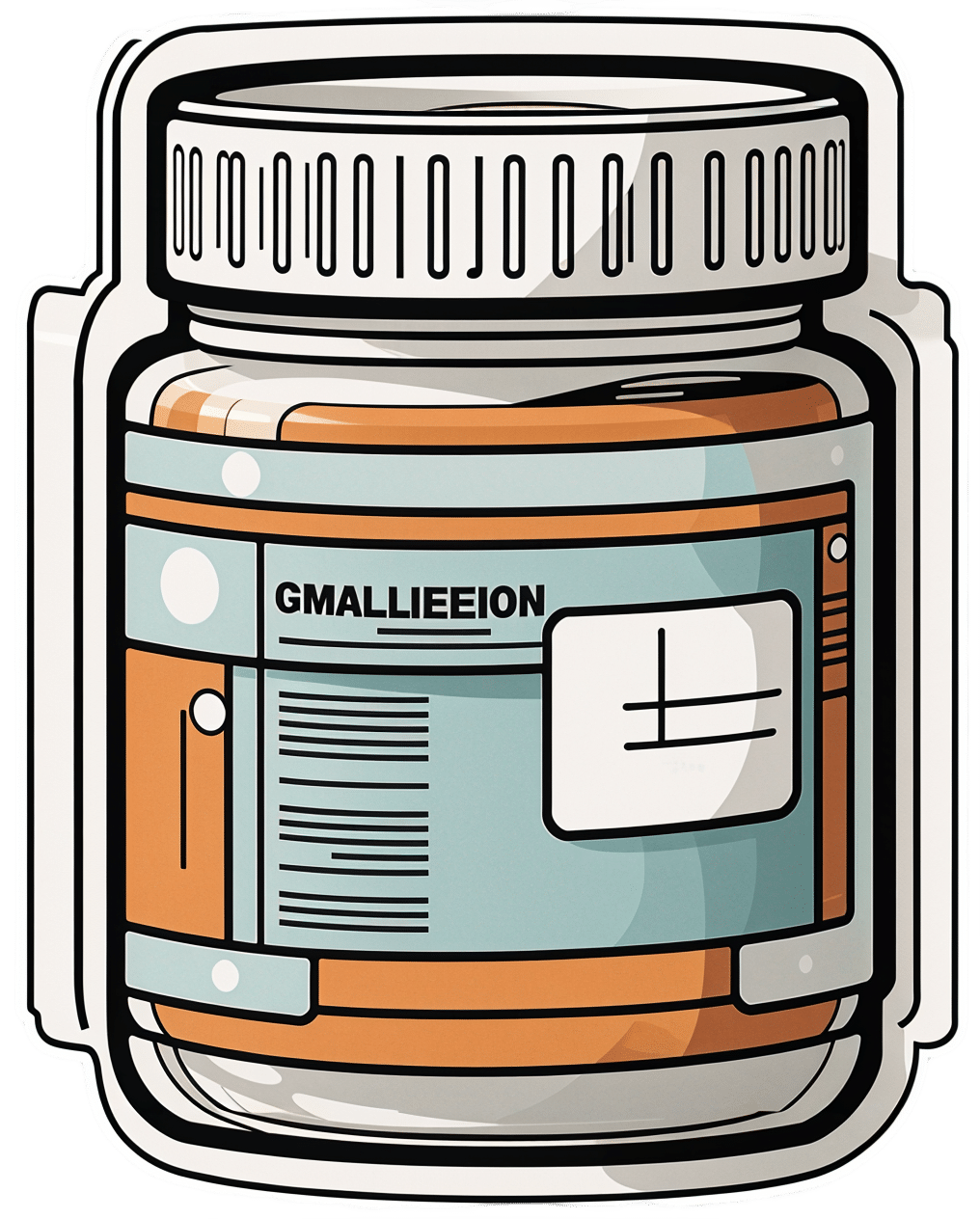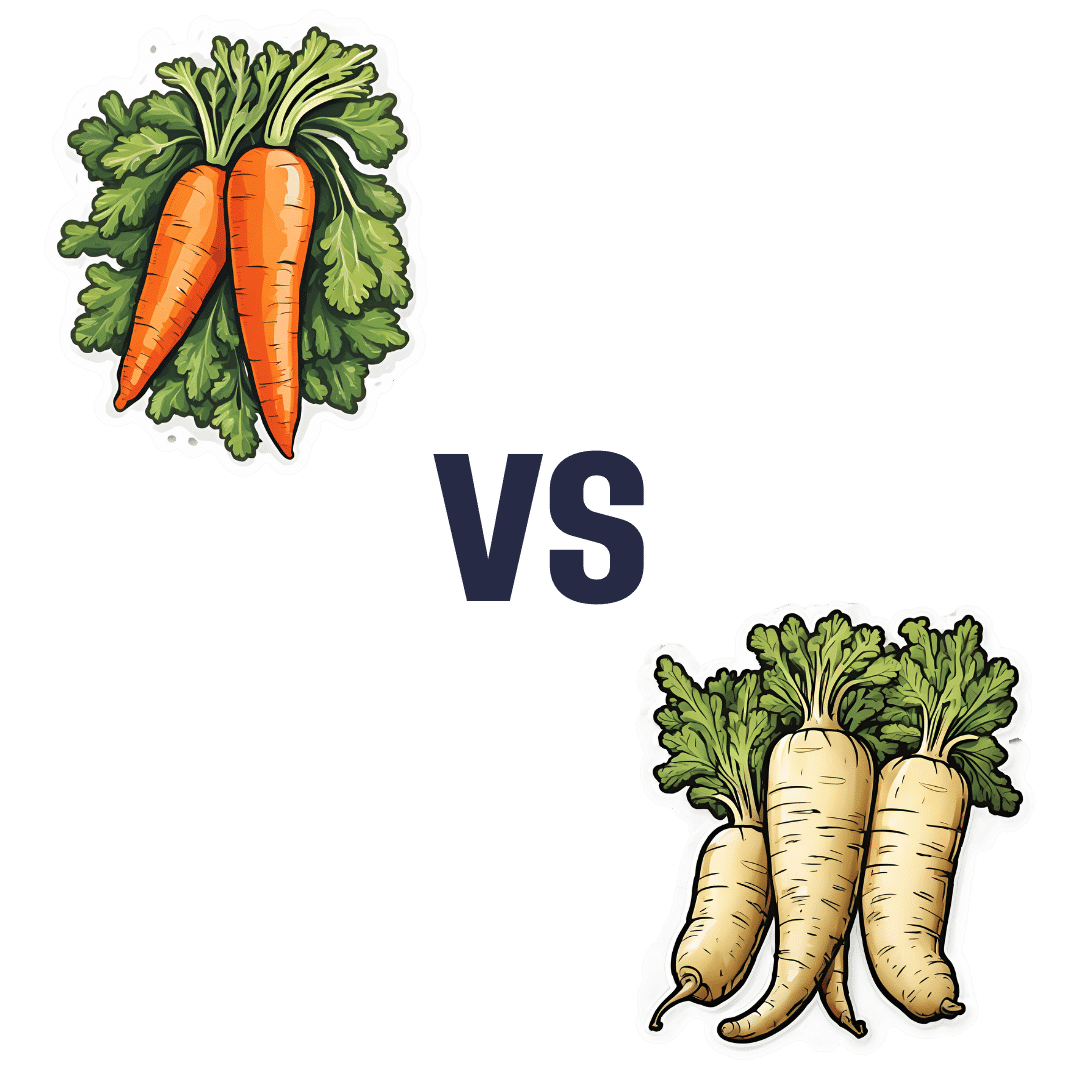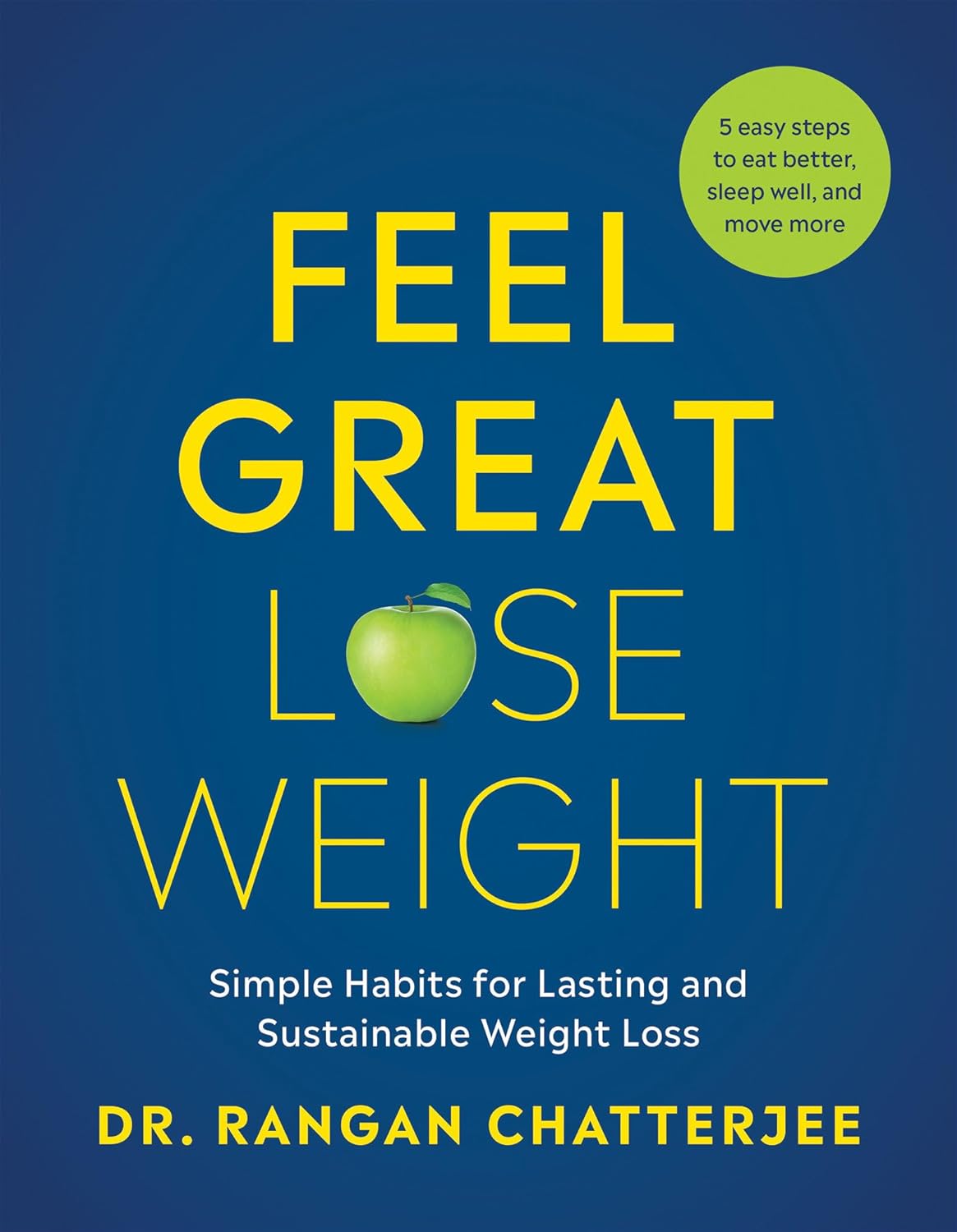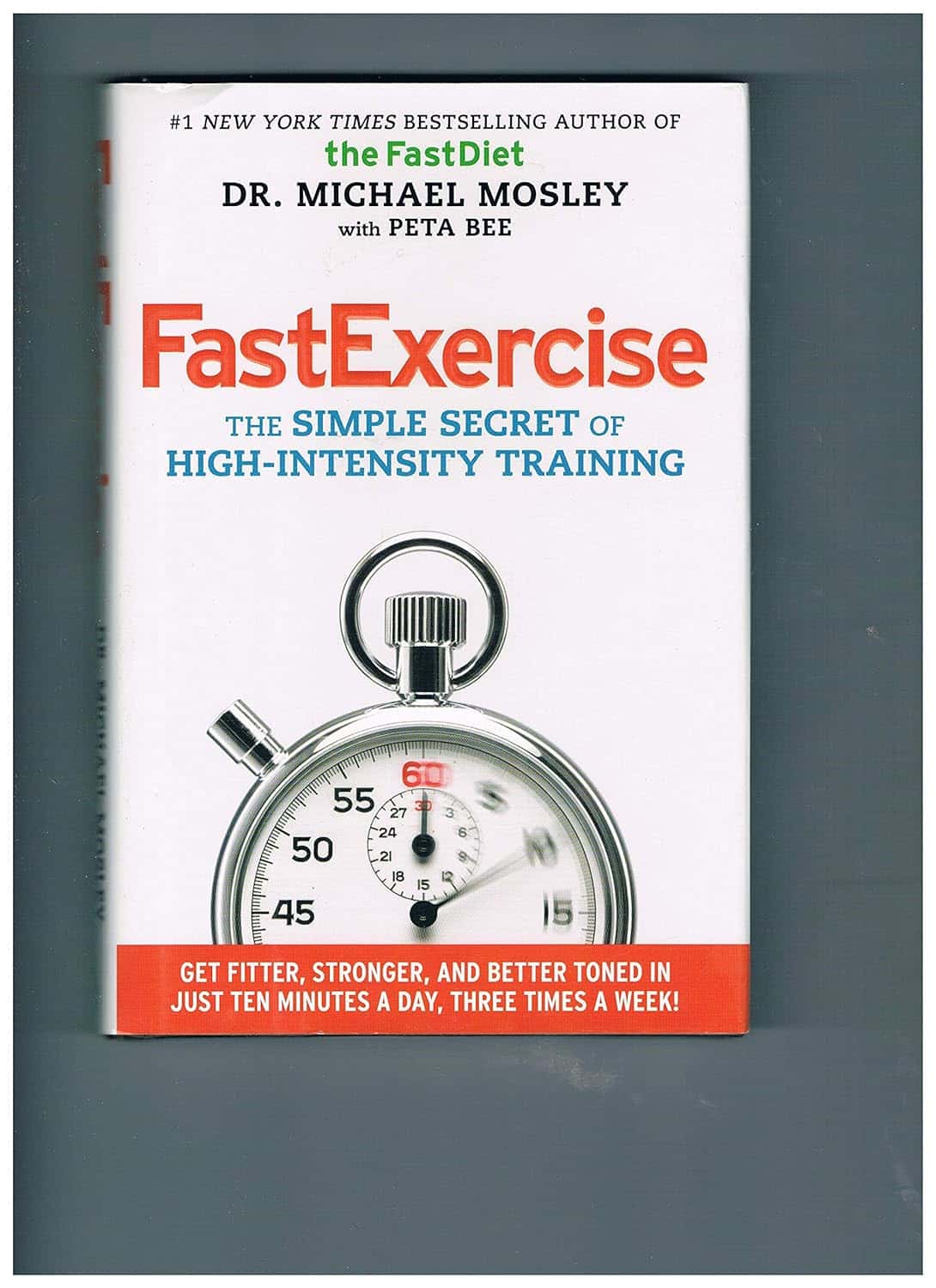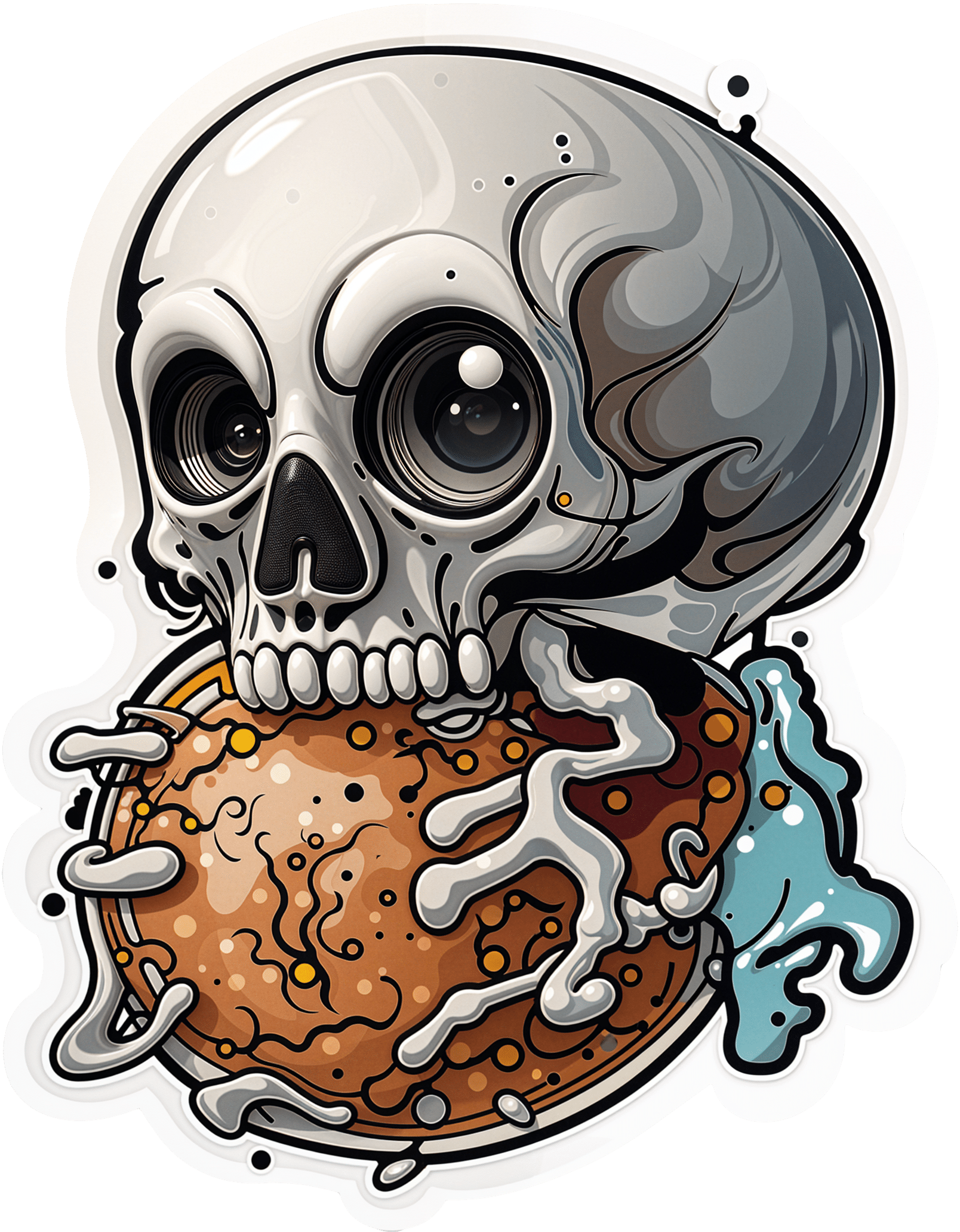
Genetic Risk Factors For Long COVID
10almonds is reader-supported. We may, at no cost to you, receive a portion of sales if you purchase a product through a link in this article.
Some people, after getting COVID, go on to have Long COVID. There are various contributing factors to this, including:
- Lifestyle factors that impact general disease-proneness
- Immune-specific factors such as being immunocompromised already
- Genetic factors
We looked at some modifiable factors to improve one’s disease-resistance, yesterday:
And we’ve taken a more big-picture look previously:
Beyond Supplements: The Real Immune-Boosters!
Along with some more systemic issues:
Why Some People Get Sick More (And How To Not Be One Of Them)
But, for when the “don’t get COVID” ship has sailed, one of the big remaining deciding factors with regard to whether one gets Long COVID or not, is genetic
The Long COVID Genes
For those with their 23andMe genetic data to hand…
❝Study findings revealed that three specific genetic loci, HLA-DQA1–HLA-DQB1, ABO, and BPTF–KPAN2–C17orf58, and three phenotypes were at significantly heightened risk, highlighting high-priority populations for interventions against this poorly understood disease.❞
For those who don’t, then first: you might consider getting that! Here’s why:
Genetic Testing: Health Benefits & Methods
But also, all is not lost meanwhile:
The same study also found that individuals with genetic predispositions to chronic fatigue, depression, and fibromyalgia, as well as other phenotypes such as autoimmune conditions and cardiometabolic conditions, are at significantly higher risk of long-COVID than individuals without these conditions.
Good news, bad news
Another finding was that women and non-smokers were more likely to get Long COVID, than men and smokers, respectively.
Does that mean that those things are protective against Long COVID, which would be very counterintuitive in the case of smoking?
Well, yes and no; it depends on whether you count “less likely to get Long COVID because of being more likely to just die” as protective against Long COVID.
(Incidentally, estrogen is moderately immune-enhancing, while testosterone is moderately immune-suppressing, so the sex thing was not too surprising. It’s also at least contributory to why women get more autoimmune disorders, while men get more respiratory infections such as colds and the like)
Want to know more?
You can read the paper itself, here:
*GWAS = Genome-Wide Association Study
Take care!
Don’t Forget…
Did you arrive here from our newsletter? Don’t forget to return to the email to continue learning!
Recommended
Learn to Age Gracefully
Join the 98k+ American women taking control of their health & aging with our 100% free (and fun!) daily emails:
-
The Body: A Guide for Occupants – by Bill Bryson
10almonds is reader-supported. We may, at no cost to you, receive a portion of sales if you purchase a product through a link in this article.
Better known for his writings on geography and history, here Bryson puts his mind to anatomy and physiology. How well does he do?
Very well, actually—thanks no doubt to the oversight of the veritable flock of consulting scientists mentioned in the acknowledgements. To this reviewer’s knowledge, no mistakes made it through into publication.
That said, Bryson’s love of history does shine through, and in this case, the book is as much a telling of medical history, as it is of the human body. That’s a feature not a bug, though, as not only is it fascinating in and of itself, but also, it’d be difficult to fully understand where we’re at in science, without understanding how we got here.
The style of the book is easy-reading narrative prose, but packed with lots of quirky facts, captivating anecdotes, and thought-provoking statistics. For example:
- The least effective way to spread germs is kissing. It proved ineffective among volunteers (in what sounds like a fun study) who had been successfully infected with the cold virus. Sneezes and coughs weren’t much better. The only really reliable way to transfer cold germs was physically by touch.
- The United States has 4% of the world’s population but consumes 80% of its opiates.
- Allowing a fever to run its course (within limits) could be the wisest thing. An increase of only a degree or so in body temperature slows the replication rate of viruses by a factor of 200.
Still, these kinds of things are woven together so well, that it doesn’t feel at all like reading a trivia list!
Bottom line: if you’d like to know a lot more about anatomy and physiology, but prefer a very casual style rather than sitting down with a stack of textbooks, this book is a great option.
Click here to check out The Body, and learn more about yours!
Share This Post
-
A Supplement To Rival St. John’s Wort Against Depression
10almonds is reader-supported. We may, at no cost to you, receive a portion of sales if you purchase a product through a link in this article.
Do You Feel The SAMe?
S-Adeonsyl-L-Methionone (SAMe) is a chemical found naturally in the body, and/but enjoyed widely as a supplement. The main reasons people take it are:
- Improve mood (antidepressant effect)
- Improve joints (reduce osteoarthritis symptoms)
- Improve liver (detoxifying effect)
Let’s see what the science says for each of those claims…
Does it improve mood?
It seems to perform comparably to St. John’s Wort (which is good; it performs comparably to Prozac).
Best of all, it does this with fewer contraindications (St. John’s Wort has so many contraindications).
Here’s how they stack up:
This looks very promising, though it’d be nice to see a larger body of research, to be sure.
Does it reduce osteoarthritis symptoms?
The good news: it performs comparably to ibuprofen, with fewer side effects!
The bad news: it also performs comparably to placebo!
Read into that what you will about ibuprofen’s usefulness vs OA symptoms.
Read all about it:
S-Adenosylmethionine for osteoarthritis of the knee or hip
If you were hoping for something for OA or similar symptoms, you might like our previous main features:
- Avoiding/Managing Osteoarthritis
- Managing Chronic Pain (Realistically!)
- The 7 Approaches To Pain Management
- (Science-Based) Alternative Pain Relief
Does it help against liver disease?
According to adverts for SAMe: absolutely!
According to science: we don’t know
The science for this is so weak that it’d be unworthy of mention if it weren’t for the fact that SAMe is so widely sold as good against hepatotoxicity.
To be clear: maybe it really is great! Science hasn’t yet disproved its usefulness either.
It is popularly assumed to be beneficial due to there being an association between lower levels of SAMe in the body (remember, it is also produced inside our bodies) and development of liver disease, especially cholestasis.
Here’s an example of what pretty much every study we found was like (inconclusive research based mostly on mice):
S-adenosylmethionine in liver health, injury, and cancer
For other options for liver health, consider:
Is it safe?
Safety trials have been done ranging from 3 months to 2 years, with no serious side effects coming to light. So, it appears quite safe.
That said, as with anything, there are contraindications, such as:
- if you have bipolar disorder, skip this unless directed by your health care provider, because it may worsen the symptoms of mania
- if you are on SSRIs or other serotonergic drugs, it may interact with those
- if you are immunocompromised, you might want to skip it can increase the risk of P. carinii growth in such cases
As always, do speak with your doctor/pharmacist for personalized advice.
Summary
SAMe’s evidence-based qualities seem to stack up as follows:
- Against depression: good
- Against osteoarthritis: weak
- Against liver disease: unknown
As for safety, it has been found quite safe for most people.
Where can I get it?
We don’t sell it, but here is an example product on Amazon, for your convenience
Enjoy!
Share This Post
-
Carrots vs Parsnips – Which is Healthier?
10almonds is reader-supported. We may, at no cost to you, receive a portion of sales if you purchase a product through a link in this article.
Our Verdict
When comparing carrots to parsnips, we picked the parsnips.
Why?
There are arguments for both! But we say parsnips win on overall nutritional density.
In terms of macros, parsnips vary quite a lot from region to another, but broadly speaking, parsnips have more carbs and fiber, and/but the ratios are such that carrots have the lower glycemic index. We’ll call this one a win for carrots.
When it comes to vitamins, carrots have more of vitamins A, B2, B3, B6, and choline, while parsnips have more of vitamins B1, B5, B9, C, E, and K. A small win for parsnips here.
In the category of minerals, carrots are not higher in any minerals, while parsnips are higher in calcium, copper, iron, magnesium, manganese, phosphorus, potassium, selenium, and zinc. An overwhelming win for parsnips.
While the overall vitamin and mineral content puts parsnips ahead, it’s still worth noting that carrots have highly bioavailable megadoses of vitamin A.
Another thing to note is that the glycemic index recorded for both is when peeled and boiled, whereas both of these root vegetables can be enjoyed raw if you wish, which has a much lower GI.
In short, enjoy either or both, but parsnips are the more nutritionally dense overall.
Want to learn more?
You might like to read:
Glycemic Index vs Glycemic Load vs Insulin Index
Take care!
Share This Post
Related Posts
-
Feel Great, Lose Weight – by Dr. Rangan Chatterjee
10almonds is reader-supported. We may, at no cost to you, receive a portion of sales if you purchase a product through a link in this article.
We all know that losing weight sustainably tends to be harder than simply losing weight. We know that weight loss needs to come with lifestyle change. But how to get there?
One of the biggest problems that we might face while trying to lose weight is that our “metabolic thermostat” has got stuck at the wrong place. Trying to move it just makes our bodies think we are starving, and everything gets even worse. We can’t even “mind over matter” our way through it with willpower, because our bodies will do impressive things on a cellular level in an attempt to save us… Things that are as extraordinary as they are extraordinarily unhelpful.
Dr. Rangan Chatterjee is here to help us cut through that.
In this book, he covers how our metabolic thermostat got stuck in the wrong place, and how to gently tease it back into a better position.
Some advices won’t be big surprises—go for a whole foods diet, avoiding processed food, for example. Probably not a shocker.
Others are counterintuitive, but he explains how they work—exercising less while moving more, for instance. Sounds crazy, but we assure you there’s a metabolic explanation for it that’s beyond the scope of this review. And there’s plenty more where that came from, too.
Bottom line: if your weight has been either slowly rising, or else very stable but at a higher point than you’d like, Dr. Chatterjee can help you move the bar back to where you want it—and keep it there.
Don’t Forget…
Did you arrive here from our newsletter? Don’t forget to return to the email to continue learning!
Learn to Age Gracefully
Join the 98k+ American women taking control of their health & aging with our 100% free (and fun!) daily emails:
-
Fast Exercise – by Dr. Michael Mosley & Peta Bee
10almonds is reader-supported. We may, at no cost to you, receive a portion of sales if you purchase a product through a link in this article.
We’ve written before about the benefits of High-Intensity Interval Training (HIIT), but there’s more to say than we can fit in a short article!
Dr. Michael Mosley, who hates exercise but knows his stuff when it comes to the benefits, teamed up with Peta Bee, who loves exercise and is a science journalist with degrees in sports science and nutrition, to bring us this book.
In it, we learn a lot about:
- the science of HIIT
- what makes it so different from most kinds of exercise
- exactly what benefits one can expect
…in a very detailed clinical fashion (while still remaining very readable).
By “very detailed clinical fashion”, here we mean “one minute of this kind of exercise this many times per week over this period of time will give this many extra healthy life-years”, for example, along with lots of research to back numbers, and explanations of the mechanisms of action (e.g. reducing inflammatory biomarkers of aging, increasing cellular apoptosis, improving cardiometabolic stats for reduced CVD risk, and many things)
There’s also time/space given over to exactly what to do and how to do it, giving enough options to suit personal tastes/circumstances.
Bottom line: if you’d like to make your exercise work a lot harder for you while you spend a lot less time working out, then this book will help you do just that!
Click here to check out Fast Exercise, and enjoy the benefits!
Don’t Forget…
Did you arrive here from our newsletter? Don’t forget to return to the email to continue learning!
Learn to Age Gracefully
Join the 98k+ American women taking control of their health & aging with our 100% free (and fun!) daily emails:
-
‘Disease X’: What it is (and isn’t)
10almonds is reader-supported. We may, at no cost to you, receive a portion of sales if you purchase a product through a link in this article.
What you need to know
- In January 2024, the World Economic Forum hosted an event called Preparing for Disease X to discuss strategies to improve international pandemic response.
- Disease X is a term used in epidemiology to refer to potential disease threats. It is not a real disease or a global conspiracy.
- Preparation to prevent and respond to future pandemics is a necessary part of global health to keep us all safer.
During the World Economic Forum’s 54th annual meeting in Davos, Switzerland, global health experts discussed ways to strengthen health care systems in preparation for future pandemics. Conspiracy theories quickly began circulating posts about the event and the fictional disease at its center, so-called Disease X.
What is Disease X?
In 2018, the World Health Organization added Disease X to its list of Blueprint Priority Diseases that are public health risks. But, unlike the other diseases on the list, Disease X doesn’t exist. The term represents a hypothetical human disease capable of causing a pandemic. Although experts don’t know what the next Disease X will be, they can make educated guesses about where and how it may emerge—and how we can prepare for it.
Why are we hearing about Disease X now?
COVID-19 has been the deadliest infectious disease outbreak of the 21st century. It’s also an example of a Disease X: a previously unknown pathogen that spreads rapidly around the world, claiming millions of lives.
When the WEF hosted a panel of experts to discuss Disease X, it was the first exposure that many people had to a concept that global health experts have been discussing since 2018.
Even before the routine pandemic preparedness event took place, online conspiracy theorists began circulating false claims that those discussing and preparing for Disease X had sinister motives, underscoring how widespread distrust of global health entities has become in the wake of the COVID-19 pandemic.
Why does Disease X matter?
Epidemiologists use concepts like Disease X to plan for future outbreaks and avoid the mistakes of past outbreaks. The COVID-19 pandemic and the recent non-endemic outbreak of mpox highlight the importance of global coordination to efficiently prevent and respond to disease outbreaks.
Pandemics are inevitable, but the scale of their destruction doesn’t have to be. Major disease outbreaks are likely to become more frequent due to the impacts of climate change. Preparing for a pandemic now helps ensure that the world is better equipped to handle the next one.
This article first appeared on Public Good News and is republished here under a Creative Commons license.
Don’t Forget…
Did you arrive here from our newsletter? Don’t forget to return to the email to continue learning!
Learn to Age Gracefully
Join the 98k+ American women taking control of their health & aging with our 100% free (and fun!) daily emails:


